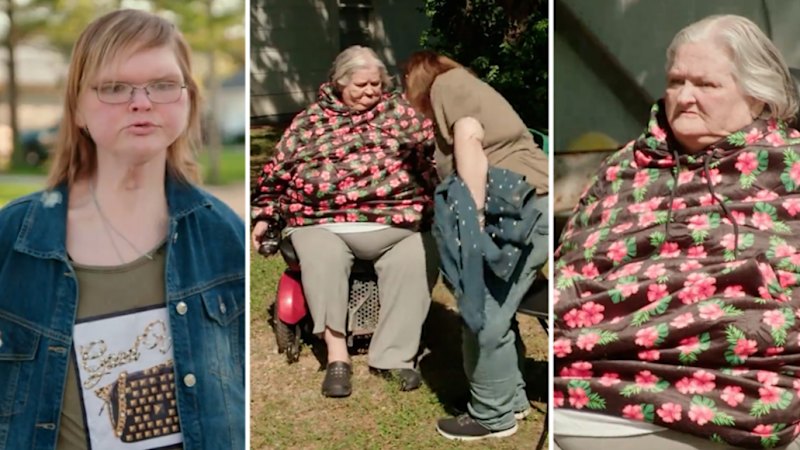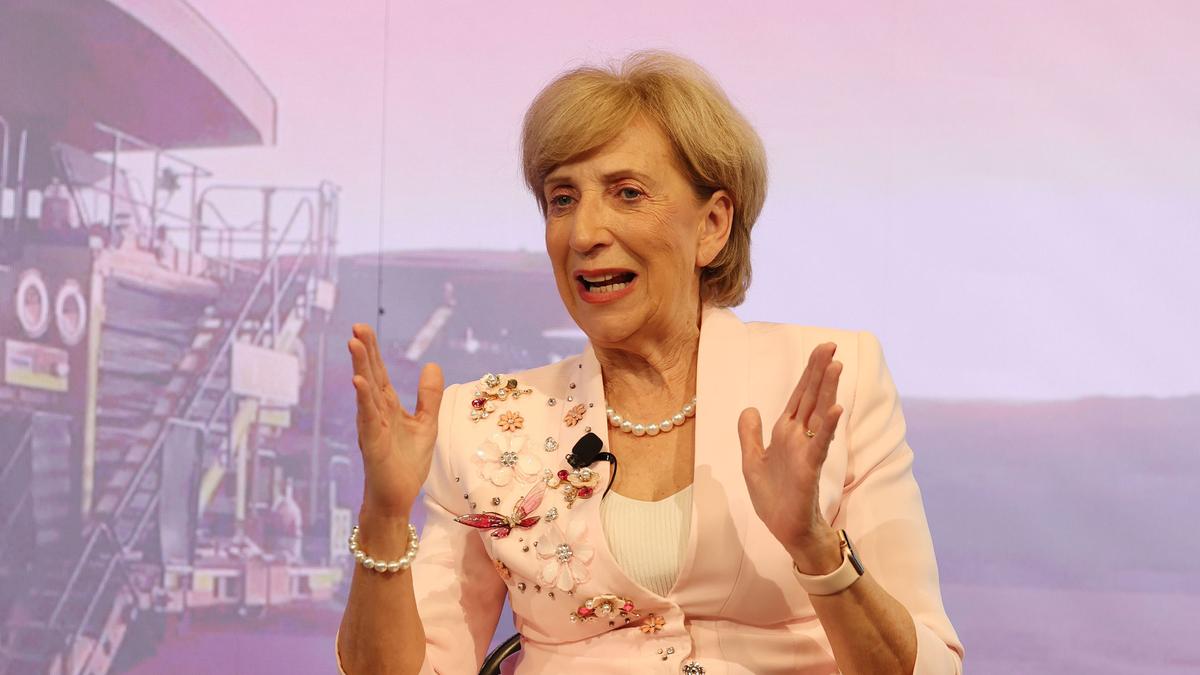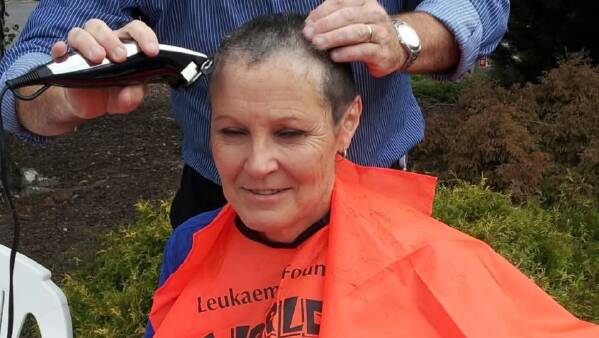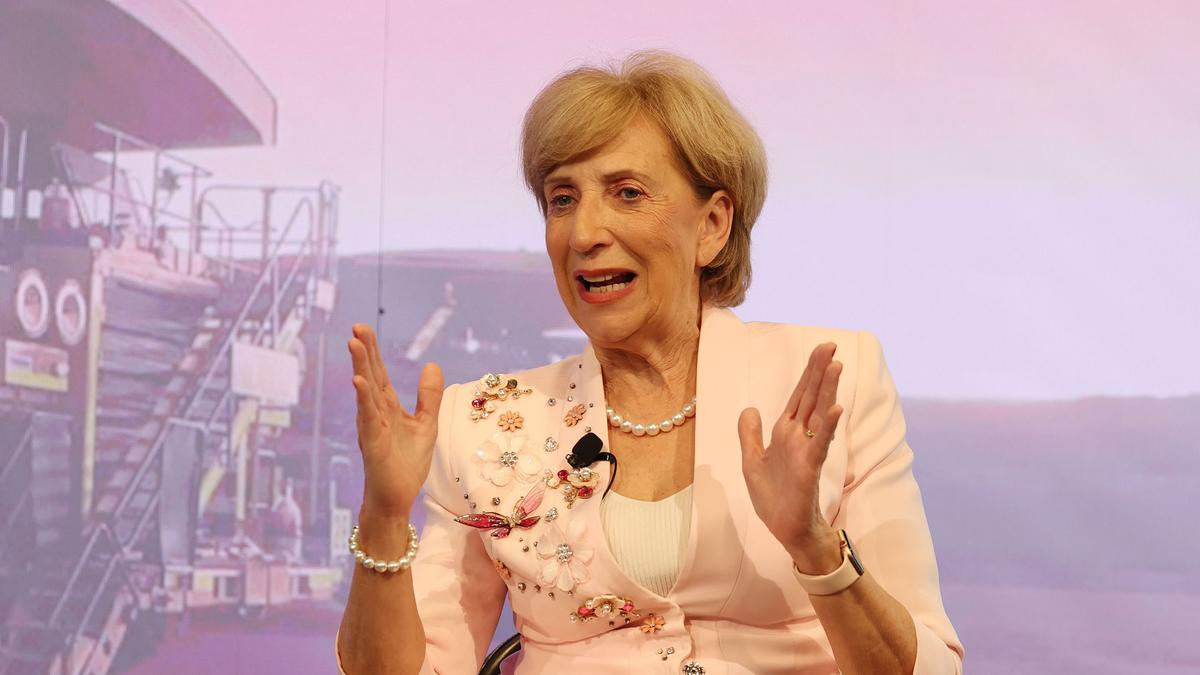
As thousands of teenagers prepare for the upcoming Schoolies celebrations, health experts are raising alarms about the risks associated with meningococcal disease. This potentially life-threatening bacterial infection has already resulted in over 100 cases reported in Australia this year, with those aged 15 to 19 identified as particularly vulnerable.
In Queensland, where the infection is most prevalent, there have been 22 confirmed cases to date. Meningococcal disease can cause serious conditions such as meningitis, which is inflammation of the brain and spinal cord, or septicaemia, also known as blood poisoning. The rapid progression of this illness can lead to severe outcomes, including fatalities within just 24 to 48 hours in some cases. Across all demographics, the fatality rate stands at approximately 10 percent, while one in five survivors may experience lasting disabilities, including brain injuries or limb loss.
Dr. Peter Simos, an infectious disease specialist at Gold Coast University Hospital, emphasized the critical need for swift medical intervention. “Meningococcal disease can progress rapidly, and every second without treatment risks irreversible damage,” he noted. “The concern during Schoolies is that teens may dismiss early flu-like symptoms. I encourage anyone feeling unwell, even if in doubt, to seek medical help. Don’t leave it too late.”
The early symptoms of meningococcal disease can often be mistaken for milder illnesses or hangovers. These symptoms include vomiting, sensitivity to light, headaches, confusion, drowsiness, loss of appetite, fever, stiff neck, joint pain, nausea, and fatigue. A rash is a commonly recognized symptom but may appear late or not at all. In infants, high-pitched crying can also be a concerning sign.
A study involving over 24,000 students in Australia revealed that certain behaviors, such as cigarette smoking, can significantly increase the likelihood of carrying the bacteria. The research indicated that smoking nearly doubles this risk, while social activities like attending pubs or clubs and intimate contact also heighten the chances of transmission. The bacteria are most frequently found in 19-year-olds, with as many as one in four carrying it, compared to just one in 20 infants.
Given the high-density and social nature of the Schoolies events, health experts warn that rapid recognition of symptoms and prompt action could prove crucial in preventing severe outcomes. As celebrations commence, parents and teenagers are urged to remain vigilant and prioritize their health.






